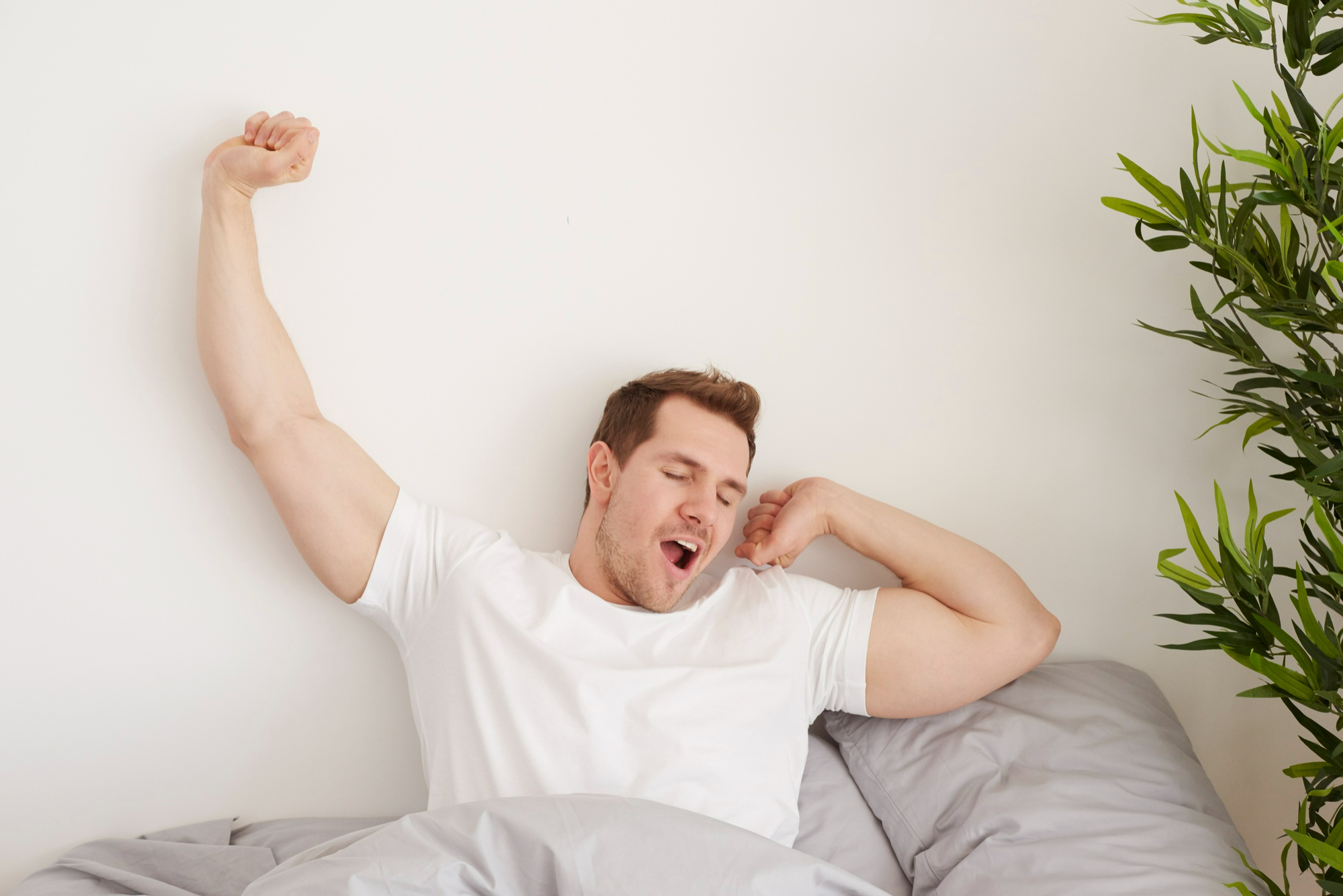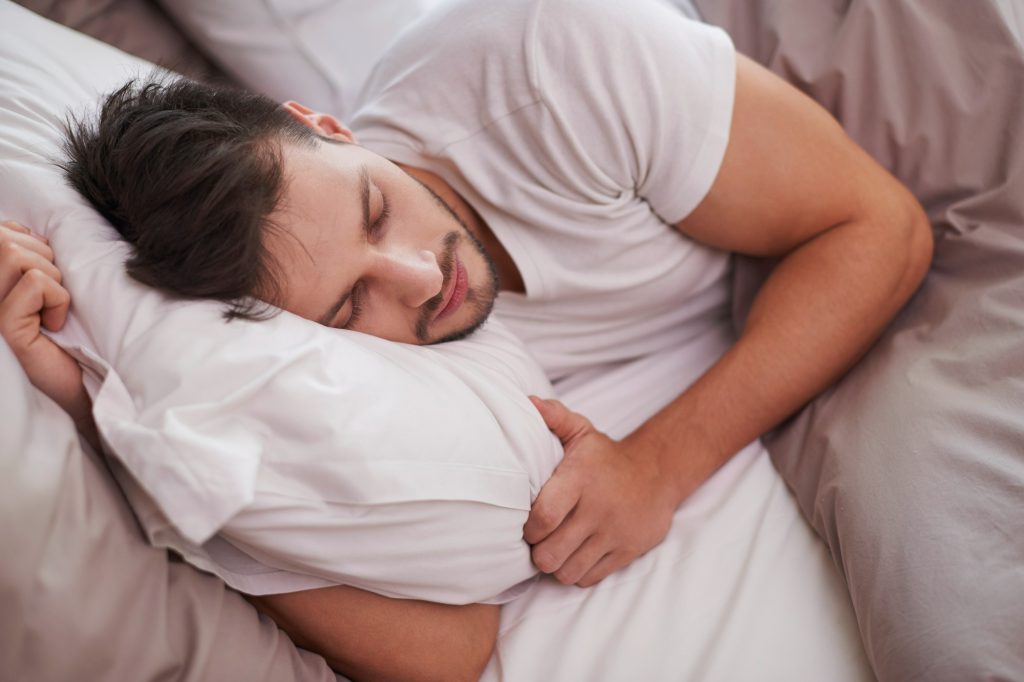
Image by Freepik
Are you always tired no matter how much you sleep? Do you feel grumpy when you have to wake up early? Are you always fatigued and unable to figure out why? Are you distant from good morning? Do you find information how to sleep better?
Most individuals understand that in order to be healthy and good morning, they must eat properly and exercise often. What about sleep, though? We spend almost one-third of our lives sleeping, and sleep is vital for wellness. However, many of us are sleep-deprived. Four out of every five persons claim they have sleep issues at least once a week and wake up weary.
So, what to do and how to sleep better? Let you check ‘Sleep Hygiene’. To discover, grab a cushion, cuddle up and keep reading.
A Few Reasons You’re Tired in the Morning
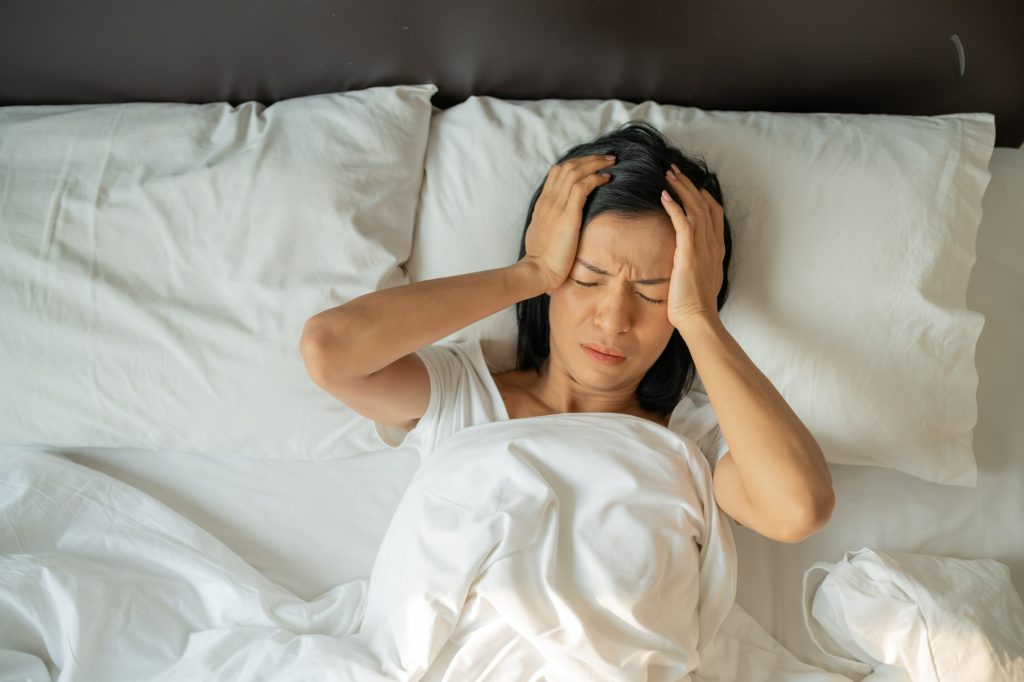
Image by Freepik
If you have one of them and feel sleep-deprived, you have to improve sleep hygiene. Just follow…
- Thyroid Disease – It’s conceivable that you’re waking up weary in the mornings because you’re fatigued. You may also have mood swings, weight gain, and muscular and joint discomfort.
- Adrenal Fatigue – Characterized by a hormonal imbalance in which your body excretes an excess of cortisol and adrenaline.
- Chronic Fatigue Syndrome (CFS) – This is a disorder comparable to adrenal fatigue, except it affects women more than males.
- A Sedentary Lifestyle – You may be shocked to learn that sitting around doing nothing might make you fatigued. You will feel fatigued, and sluggish, and may even have mood swings if you do not move enough.
- Depression – Feeling weary and exhausted is one of the most prevalent symptoms of depression.
- Inconsistent Sleep – If you do not obtain a full eight hours of sleep each night, you may feel tired in the morning.
- Anemia – A lack of iron in your blood might lead you to feel weary no matter how much you sleep at night.
- Dehydration – This may come as a surprise, but dehydration is one of the most prevalent causes of fatigue.
How to Improve Your Sleep Quality and Wake up Energetic?
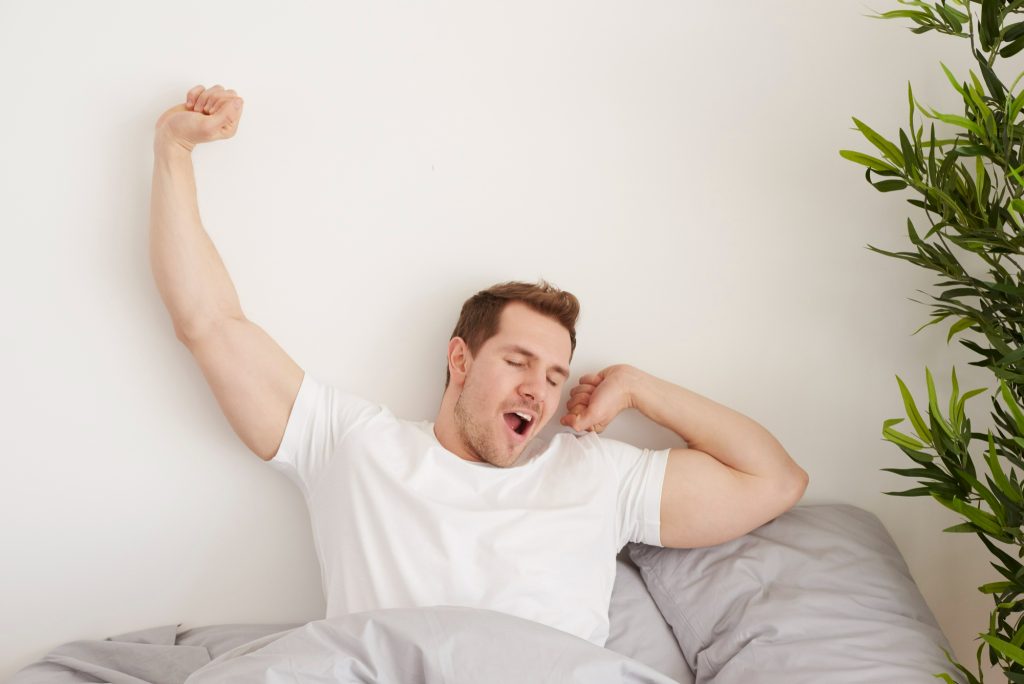
Image by Freepik
1) ‘Are You Sleepy?’ ask yourself
This simple statement is the most effective approach to evaluate whether you’re getting enough sleep. If you often feel sleepy at work, need a nap, or fall asleep on your morning or evening commute, your body is warning you that you aren’t getting enough sleep. If you’re obtaining seven or eight hours of sleep every night but still feel exhausted and sleep-deprived, you may have a sleep disorder or something and should see a doctor. Keep your wellness yourself.
2) Keep a Sleep Journal or Install Alarmy App
Even if you believe you get adequate sleep, you may be startled when you see your sleep habits in black and white. Some modern activity trackers will monitor your sleep habits for you, but you can simply do it yourself as well. Keep a sleep journal for the following week:
- Keep track of the time you go to bed and the time you get up.
- Calculate your total number of hours of sleep. Take note of whether you napped or woke up in the middle of the night.
- Keep track of how you feel in the morning. Recharged and ready to take on the world? Or are you sluggish and tired?
A sleep journal will not only provide you with crucial insights into your sleeping patterns or sleep-deprived, but it will also be beneficial to your doctor if you suspect you have a sleep condition. You can install Alarmy to track all your progress and morning logs. You can find all sorts of features for recording your sleeping behaviours and for helping you build a good morning routine.
3) Use Blue Light Glasses and Have a screen-free hour before going to bed
Maybe it’s a first step for sleep hygiene. Falling asleep is the process through which your body and mind relax after a hectic day. You may choose whether that procedure begins an hour before you go to bed or after you put your phone aside after one hour of lying in bed. Viewing displays, such as those on your laptop or smartphone, strain your eyes and hinders your body from making Melatonin, which controls your sleep-wake cycle.
Instead of surfing the web, spend that hour doing something enjoyable. You may read in low light, draw, meditate, write, or do anything else that will help you relax. Allow your body to relax so you can fall asleep fast. You can also try wearing blue light glasses to prevent blue light from entering your body. Anyway, don’t sleep too late because you can feel sleep-deprived.
4) Make Use of a Smart Alarm Clock
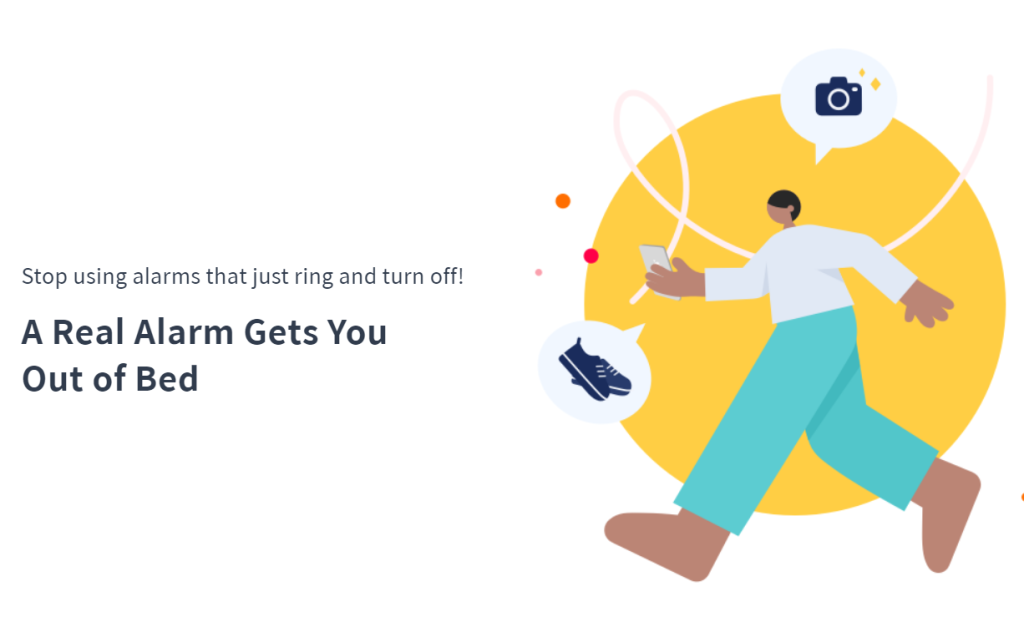
Image by Alarmy
Several clock types need more than a single button click to turn off. They’ll generally wake you up straight away if you need to complete a problem or go to the restroom to snap a photo. You can use the Alarmy app (It’s free and has powerful features to wake you up). Waking up clearly is the simplest way to make good morning.
Have you seen The Alarm Clock helps sleep better? Alarmy does!
5) Correct Your Sleeping Positions
It is widely known that how to sleep better is critical to one’s health in a variety of ways. However, you may be shocked to learn that how you sleep at night might affect your sleep quality and other health issues. Here are the four most popular sleeping positions, ranked from worst to greatest.
Worst: Sleeping on Your Stomach
Bad: Sleeping in the Fetal Position
Better: Sleeping on Your Back
Best: Sleeping on Your Side
When lying on your side, keep your chest and legs reasonably straight and your spine in an extended, but natural position. To support the head and neck, choose a firm, medium-height pillow or ergonomic cushion. A cushion between your legs may be more comfortable to relieve strain on the lower back. This gives the hips, pelvis, and lower back extra support.
6) Begin counting backwards from 200
This is a simple yet effective method that how to sleep better and quickly. Close your eyes and mentally count backward from 200. Counting sheep is a terrific alternative and a great way to bore oneself to sleep.
The act of concentrating on something soothing keeps you from being enthusiastic because you’re about to accomplish something. According to research, merely thinking about an activity like tennis may cause your blood pressure to rise. It is better to relax by thinking about commonplace and peaceful events that do not require you to move.
7) Focus on Improving Your Sleep Quality than Quantity
When you wake up exhausted in the morning, it’s time to examine your routine and determine what you can modify to obtain a good night’s sleep. Going to bed at the same time every night is an example of routine. It is also a good idea to avoid consuming caffeine after 4 PM and to eliminate anything that may be bothering you from your bedroom. Sleep quality effects even wellness.
7 Powerful Healthy Habits of Morning Routine You Must Adapt
8) Enhance your sleeping environment
Is your room very warm? Is there a light in your room at night? Is there a lot of outside noise coming in? What about your pillowcases and mattress?
All of these elements influence the quality of your sleep, by extension, a good morning. You should consider them all if you want to get better wellness. Sleep consumes around one-third of your day and will do so for the rest of your life, therefore it is worthwhile to optimize it.
In general, an environment how to sleep better is:
- Cool
- Quiet
- Stress-free
- Dark
- Comfortable
- Oly for sleeping or personal interactions.
9) Keep Hydrated
Dehydration may greatly contribute to weariness. Make an effort to consume at least eight big glasses of water every day. Furthermore, if you have an active lifestyle, are pregnant, or are breastfeeding, you need to drink water to stay hydrated. It’s also a good idea to put a bottle of water on your bedside table so you may drink it throughout the night.
10) Exercise
A little activity throughout the day might help you sleep better at night. Regular exercise not only improves your overall wellness but also helps to oxygenate your blood. This will supply more nutrients to your brain and heart, allowing them to perform more efficiently and allowing you to sleep better. Because it depletes your energy As a result, you will sleep more and have more energy the following day.
Fortunately, you don’t have to jog five kilometres every day to get these advantages. A simple 30 minutes of moderate exercise is sufficient to maintain your body healthy and assist you in sleeping. Even if you aren’t like sports, you should go for a stroll or do some mild exercise.
After a few days of adapting to your new schedule, you should be able to wake up most of the time even without a clock and enjoy the morning glory. If you oversleep often, you may need to increase your sleep duration by half an hour. Let’s try these ways for improvement of sleep hygiene and making good morning.
